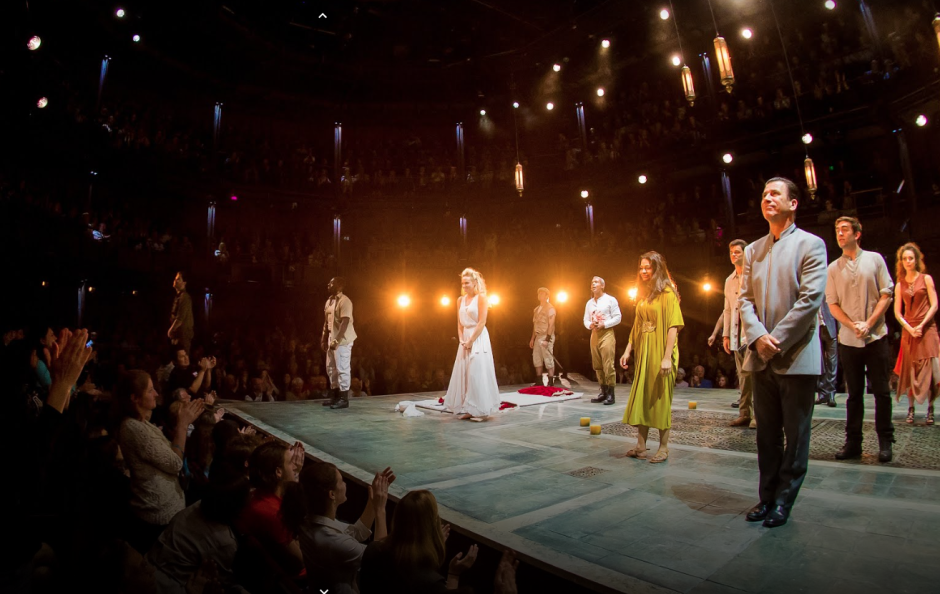So I was recently asked, “Isn’t Successive Relearning just spaced retrieval practice?” Well yes, and more. Both retrieval practice and distributed practice are key ingredients of successive relearning however, so is success and there is a lot of detail covered by the first two terms.
There are few that explain Successive Relearning better than Dr Katherine Rawson.
Retrieval practice is good. It is particularly good, if retrieval is successful. Distributed practice is best.
Dr Rawson
Successive relearning involves an initial learning session in which students are engaging in retrieval practice until they can correctly recall target information with restudy as needed (more recently researchers include corrective feedback). “Nothing fancy,” flashcards work just fine, they are low-fi, low tech and cheap.* That information is revisited at a later point until a certain level of retrieval success has been met again.
Initial Learning is not enough. It is the weigh station on route to the really potent part of the strategy. Distributed successful practice.
Dr Rawson
Absolutely essential is relearning.
“Multiple successful retrievals distributed across time is highly efficacious for enhancing long-term retention.”
Dr Katherine Rawson
So here is the evidence:
“… just one relearning session triples your long term retention.”
When tested one week after successfully learning a set of vocabulary flashcards, participants retained approximately 12% of the flashcards tested. Following just one (spaced) successive relearning session (which is super efficient), retention triples. The potency is not in the learning, but in the successive relearning.
So, as the video was missing Dr Rawson’s slides she was talking to, so I asked her if I could review the presentation. Visually, the evidence and potency of relearning is hard to ignore. Second, not only is relearning potent – but it is efficient. Post initial learning, relearning gets progressively more and more efficient.


Flashcards, retrieval practice, is more than the revision tool, “checking-what-I-know-tool” that students believe it is. It is very much a learning tool. It delivers on the bang, what students retain and on the buck, how much time they invest.
As for the question we are always asked when discussing spacing – what is the optimum spacing for relearning sessions. Dr Rawson pitches in with an “expanding” schedule.
Of course, there is a lot of expertise required is a) defining what information to prioritise and b) writing effective prompts or questions.*
Finally, I couldn’t find a suitable image for “bang for your buck,” so “bounce for your ounce…” it is.



